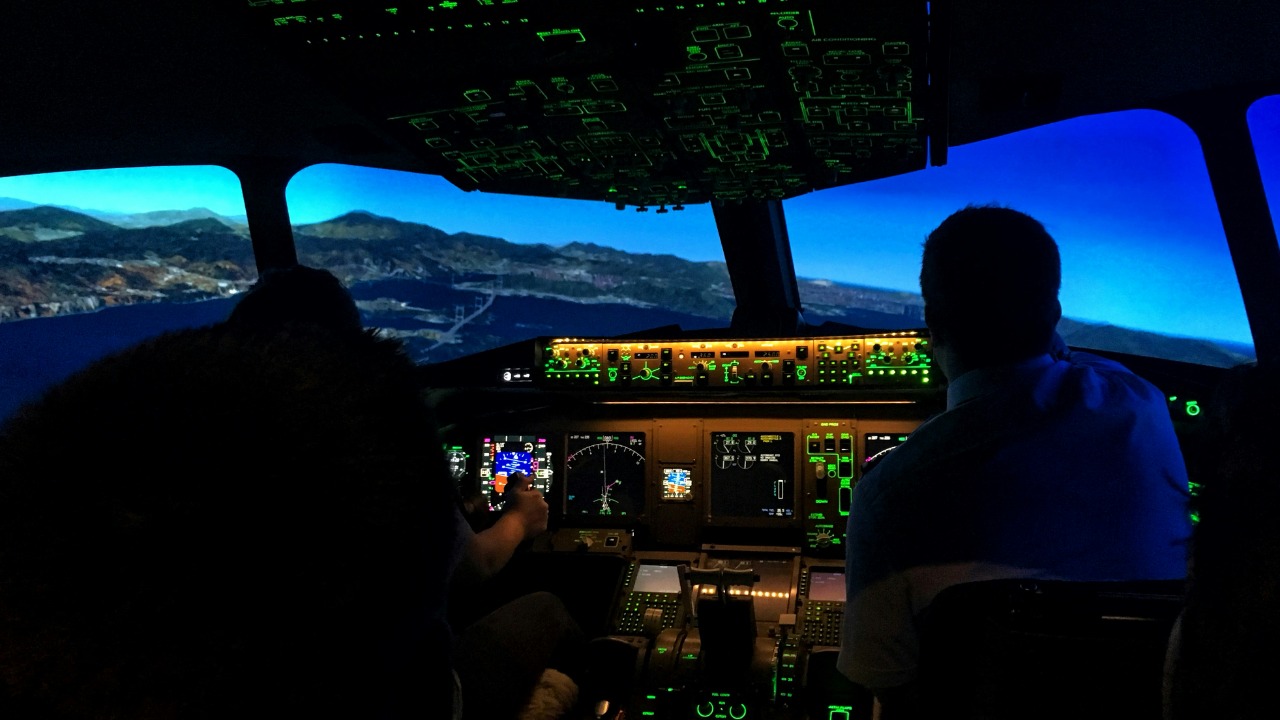
In a groundbreaking move, Boeing has teamed up with Microsoft to incorporate Flight Simulator into its professional pilot training programs. This strategic collaboration, announced in early November 2025, leverages the game’s renowned simulation capabilities to provide real-world aviation instruction, aiming to enhance training efficiency and accessibility for pilots worldwide.
Boeing’s Strategic Shift to Virtual Training
On November 6, 2025, Boeing made a significant announcement: it would be integrating Microsoft Flight Simulator into its pilot certification and skill-building programs. This decision represents a strategic shift towards virtual training, a move that addresses several industry challenges, including the rising costs of training and the need for scalable solutions in the post-pandemic world. Boeing’s new approach emphasizes the use of virtual reality to simulate a wide range of scenarios without the need for physical aircraft, thereby increasing efficiency and reducing costs.
Microsoft Flight Simulator’s Evolution from Game to Professional Tool
Microsoft Flight Simulator has come a long way since its 2020 release, which was lauded for its realistic physics and global terrain modeling. The simulator’s evolution from a game to a professional tool has been facilitated by Microsoft’s Azure cloud technology, which enables high-fidelity simulations for enterprise use. The simulator now offers customizable flight paths and weather systems tailored to training modules, making it an ideal tool for aviation professionals.
Key Features Enabling Real Pilot Training
Starting November 10, 2025, Boeing’s training program began utilizing the simulator’s advanced features, such as the use of satellite imagery and AI for accurate airport and airspace replication. The procedural generation of environments allows for endless scenario variations, essential for emergency drills. Furthermore, the simulator is integrated with Boeing’s existing flight management systems, enabling seamless data transfer between virtual and real cockpits. These features are instrumental in providing realistic and effective training for pilots.
Benefits and Efficiency Gains for Airlines
Boeing’s initiative, announced on November 11, 2025, is projected to result in significant cost savings for airlines. The reduced need for fuel-intensive simulator hours, coupled with the improved accessibility for remote training, allows pilots in various locations to participate without the need for travel. Early adopters have reported enhanced retention of complex procedures, thanks to the gamified elements of the training. These benefits demonstrate the efficiency gains and potential of this innovative approach to pilot training.
Implementation Timeline and Rollout
According to the launch details released on November 6, 2025, the rollout of this new training tool will be phased, beginning with select Boeing customers in late 2025. The company is also working closely with aviation regulators to ensure compliance for commercial use. Future expansions are expected to include advanced aircraft models from Boeing’s fleet, further enhancing the training experience. The implementation timeline and rollout reflect Boeing’s commitment to this transformative project.
Industry Reactions and Future Potential
The validation of Microsoft Flight Simulator for professional standards has been met with positive responses from aviation experts, as reported in November 2025. There is also potential for broader adoption in drone and urban air mobility training. By democratizing access to high-quality simulations, this initiative could have long-term impacts on addressing pilot shortages. The industry reactions and future potential of this collaboration underscore the transformative power of technology in the aviation industry.
More from MorningOverview